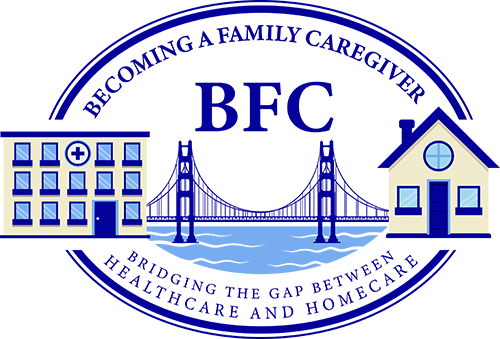Mental Health Problems Misunderstood by Public
The public often misunderstands the nature of mental illness due to the lack of information shared on the subject by the psychiatric community. An individual with psychological “problems” lived on society’s fringe for decades and continues to do so today. They are an invisible group except for the caregivers who monitor their movements and guide them in self-care and learning new behaviors.
Mental Illness Carries Stigma
Mental illness still carries a stigma that prevents treatment and discussion. It’s a serious problem in the United States and underfunded for treatment options. Most people do not realize that more than 50% of US citizens receive some mental illness diagnosis in their lifetime, with 25% experiencing an episode every year. Twenty-five percent of children experience a debilitating mental illness at some point in their life. Currently, in America, 1:25 people live with a serious mental illness such as schizophrenia, bipolar disorder, or major depression (https://www.cdc.gov/mentalhealth/learn/index.htm)
Caregivers Provide Mental Health Support
Often individuals with severe mental illness need family support. Family caregivers may rescue them from self-harm, provide them physical care, coax them into treatment, bail them out of jail, encourage them to make it on their own. But unfortunately, the struggles for mental health caregivers are as real and exhausting as it is for physical health caregivers.
Need to Know More Before We Can Help Effectively
The first step in helping those with mental health problems to become more independent is to make ourselves more knowledgeable about their conditions and what we can realistically expect them to do. Once we know their limits, we can help them develop within their potential, and there will be less frustration for everyone.
https://www.mentalhealth.gov
How Do You Know if Someone is Struggling with a Mental Health Problem?
Many factors contribute to our mental health wellbeing.
- Biological factors such as our genes and brain chemistry,
- Our family history of mental health problems that influence both our development and culture, and
- Life experiences, such as trauma and abuse.
How someone responds to a mental health condition is impacted by these. Someone influenced by all three might have a more significant impact than someone who may only have one factor. But then again, what if that one factor (for example, trauma) was extreme? Couldn’t it have as much impact on someone as all three factors for someone else? Therefore, making a judgment call regarding someone’s background and where they “should” be in recovery is a mistake. Instead, we need to meet and accept them where they are at that moment.
If someone you know shows one or more of the following symptoms, encourage them to talk to someone about what they are experiencing.
- Eating or sleeping too much or too little.
- Pulling away from people and usual activities
- Having low or no energy
- Feeling numb or like nothing matters.
- Having unexplained aches and pains
- Feeling helpless or hopeless.
- Smoking, drinking, or using drugs more than usual.
- Feeling unusually confused, forgetful, on edge, angry, upset, worried, or scared.
- Yelling or fighting with family and friends
- Experiencing severe mood swings that cause problems in relationships
- Having persistent thoughts and memories, you can’t get out of your head.
- Hearing voices or believing things that are not true
- Thinking of harming yourself or others
- Inability to perform daily tasks like taking care of your kids or getting to work or school.
Resources:
National Mental Health Association,

